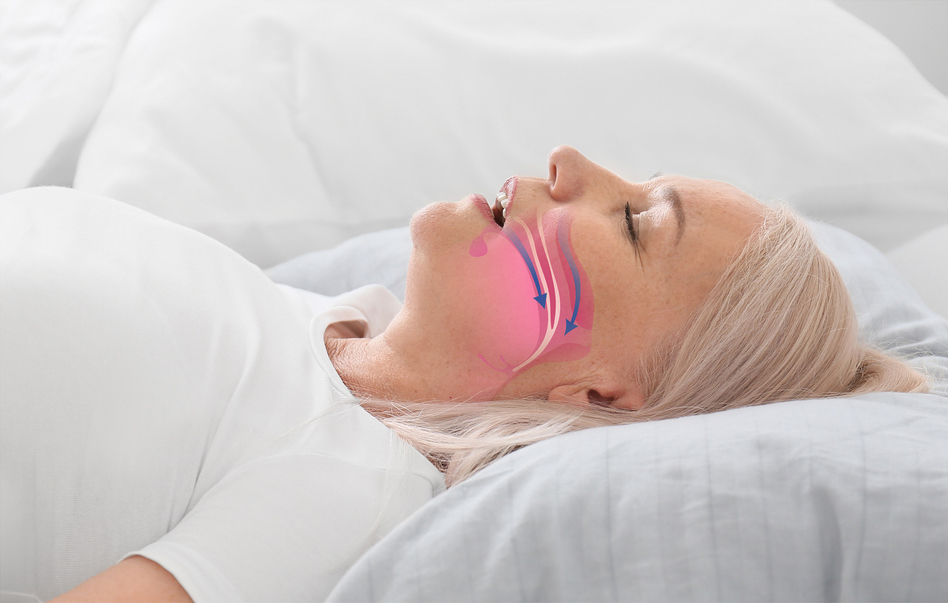Sleep Clinic FAQs for McMinnville Patients
We understand that you may have questions about your visit to The Snore Clinic in McMinnville, Oregon. We’ve compiled a list of frequently asked questions (FAQs) to assist you. Our goal is to provide clear and helpful answers to any questions you may have, regardless of whether you are a new patient or just need more information about our services.

Answers to Your Most Common Sleep Care Questions
When you first visit The Snore Clinic, we’ll evaluate your sleep patterns and medical history. The results will enable us to diagnose sleep disorders and develop a treatment plan tailored to your needs.
Most people occasionally experience sleeping problems due to stress, hectic schedules, and other outside influences. When sleeping problems start to cause persistent symptoms and interfere with one’s daily life, a sleeping disorder may be present.
Sleep disorders can cause difficulty falling asleep and excessive fatigue throughout the day. Sleep deprivation can negatively affect energy levels, mood, concentration, and overall health.
According to the National Council on Aging, more than one-third of Americans report sleeping less than seven hours per night. About 30% of adults suffer from insomnia, and 10% have insomnia that impacts their daily lives. In general, 9%-38% of the population suffers from sleep apnea.
Sleep is necessary for your brain to function correctly. Sleep deprivation or poor quality sleep may have many negative consequences. Fatigue and decreased energy are the most prominent concerns, as are irritability and difficulty focusing. Additionally, your ability to make decisions and your mood may be affected.
Many chronic health problems, such as heart disease, diabetes, and obesity, are linked to inadequate sleep. Sleep disturbances could also be a warning sign of a medical problem, such as congestive heart failure, osteoarthritis, or Parkinson’s disease. Thus, getting checked is crucial to identifying the underlying cause of sleep disorders and how to resolve them.
Insurance coverage varies. Please call our office and we will be happy to assist you further.
Sleep studies may require varying levels of preparation depending on the type of study. As a general rule, you should avoid caffeine and alcohol before your test and follow any instructions provided by our clinic.
Please bring your completed patient forms, any related medical records, and insurance information.
A sleep study is a solid first step if you suspect a sleep issue. In particular, it’s useful if you suffer from nighttime breathing interruptions, loud snoring, or unexplained daytime fatigue.
You may have a sleep disorder if you have the following signs and symptoms:
- Having difficulty falling asleep or taking more than 30 minutes to fall asleep.
- You find it difficult to stay asleep through the night or wake up often in the middle of the night and can’t get back to sleep.
- When you sleep, you may snore, gasp, or choke.
- Relaxation makes you feel as if you need to move around.
Yes, untreated sleep disorders can lead to mental health issues. Symptoms of depression or anxiety often accompany sleep problems which can easily contribute to other health and quality of life issues.
